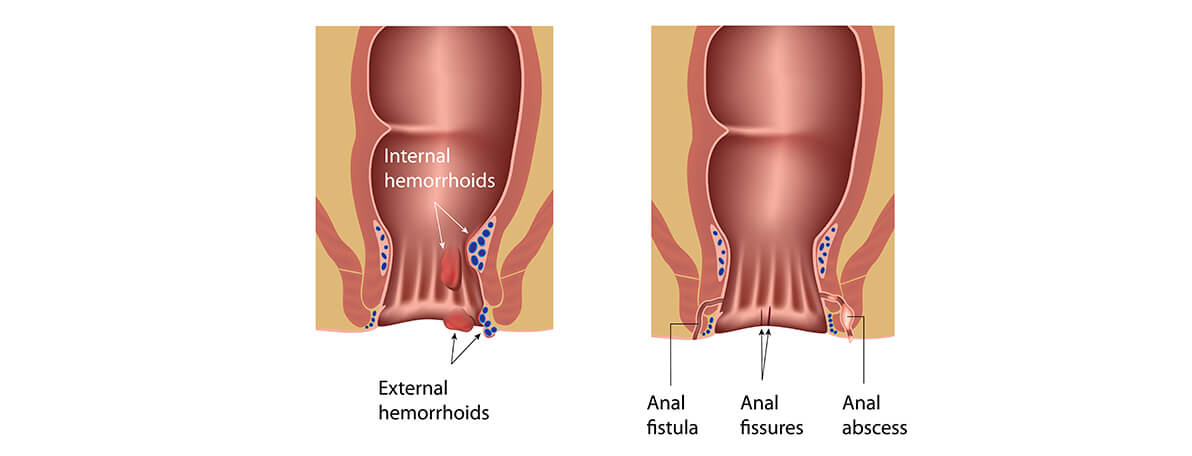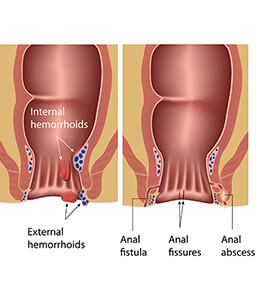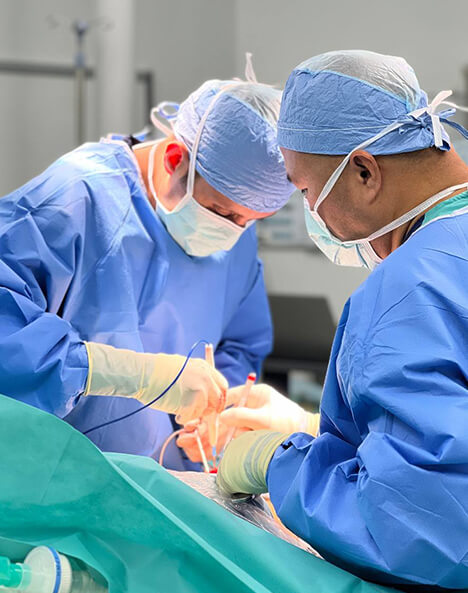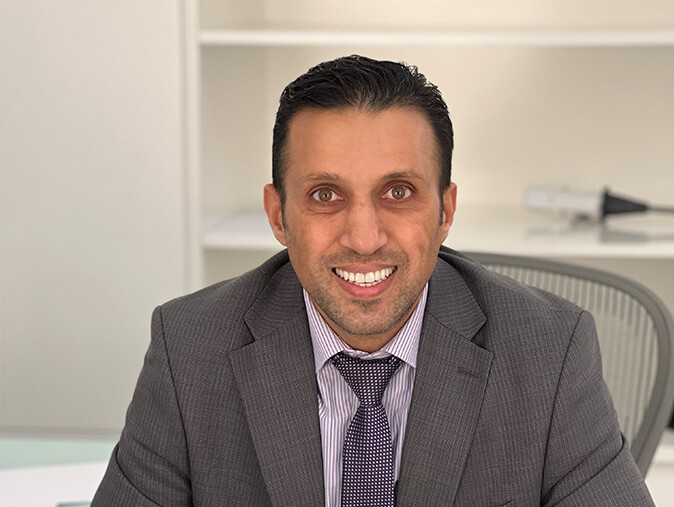What Is Proctology (Anal Fistula, Fissure, Hemorrhoids)?
- Anal fistula is an abnormal tunnel between the anal canal and the skin. It is caused by an abscess from the mucous glands adjacent to the anus. These glands naturally exist around the anus and secrete mucous fluid to facilitate the bowel movement; however, the openings of these glands are blocked sometimes as a result of constipation, inflammation or any other reason, which leads to the accumulation of secretions inside, causing the abscess, which leads to the formation of anal fistula.
- Anal fissure is a rupture of the inner thin tissue of the rectal mucosa (anus), causing severe pain or bleeding during bowel movements. Anal fissure is a common disease that can affect people of all ages.
- Hemorrhoids, also known as Piles, are blood vessels that are located in the smooth muscles of the walls of the lower rectum and anus. When these blood vessels are swollen in the lower rectum and anus, they stretch causing the veins to bulge and get irritated, especially during bowel movements.


How It Works
If the fistula is not too close to the anus, the doctor can cut open the skin and muscles surrounding the tunnel allowing the opening to heal from the inside out.
For complicated cases, the doctor might insert a tube called a seton into the opening to drain the pus and fluids before performing the surgery.
In some cases, the doctor may have to cut into the sphincter muscle that open and close the anus, which might make it harder to control the bowels after the procedure.
The nonsurgical treatment of anal fissure is based on lifestyle changes, such as following a fiber-rich diet, drinking more fluids and exercising. Also, the doctor may recommend using creams and suppositories that contain steroids to relieve the pain accompanying bowel movements.
In case you have a chronic anal fissure that cannot be treated with nonsurgical remedies, your doctor may recommend surgery. A procedure called lateral internal sphincterotomy (LIS) is performed to cut a small portion of the anal sphincter muscle to reduce spasm and pain and allow the anal fissure to heal.
Once hemorrhoidal symptoms develop, there are several treatment options which can be used. The treatment method is dependent upon the situation and severity of symptoms experienced.
BOOK Now
Make An Appointment
-

8006686
Contact Dr. Samir if you have any questions
-

Visit
30th Floor, Marina Plaza, Dubai
Opening Hours:
9am-9pm (Saturday- Thursday)
9am-6pm (Saturday)






